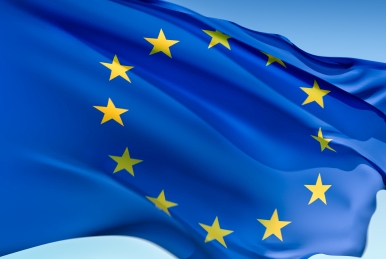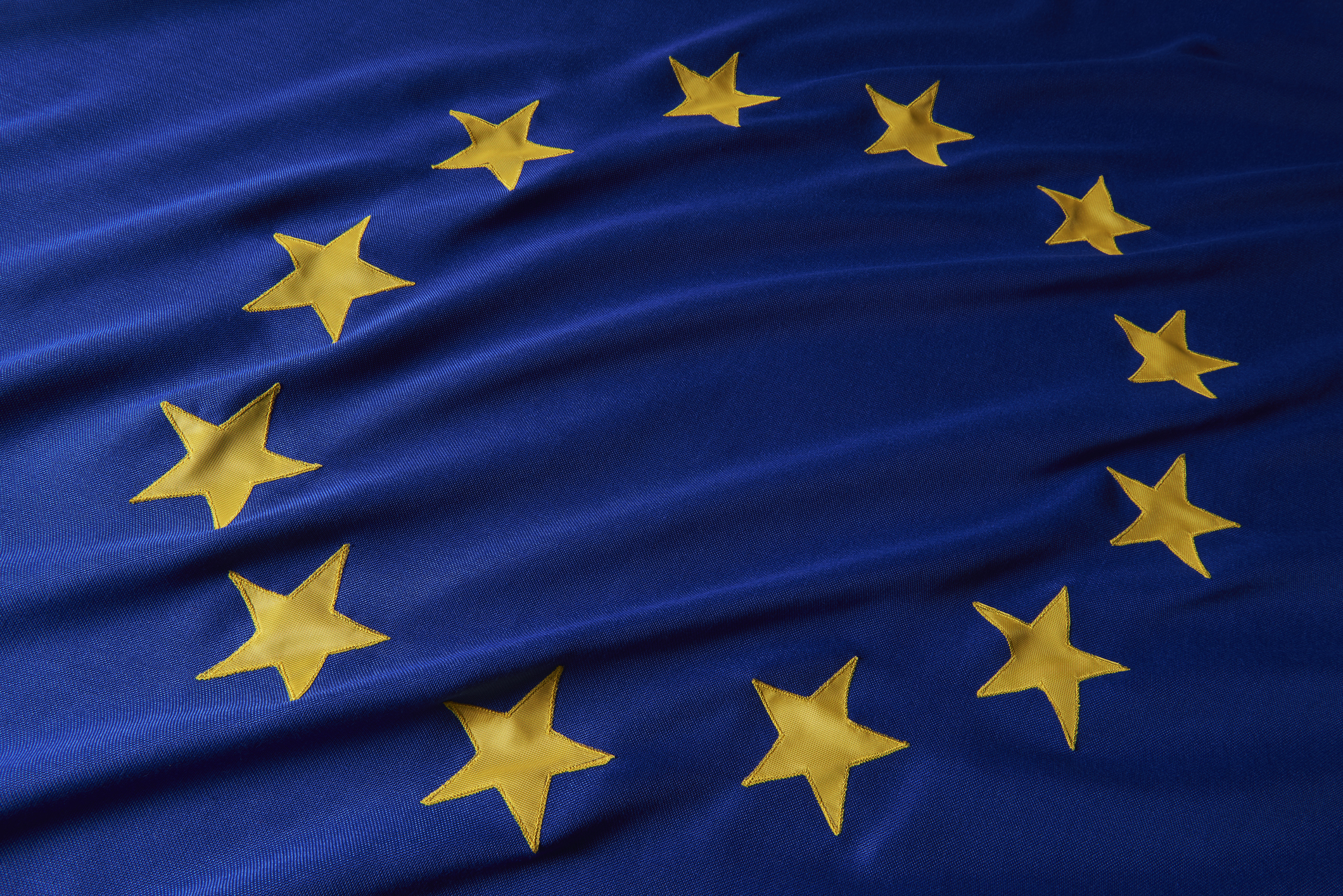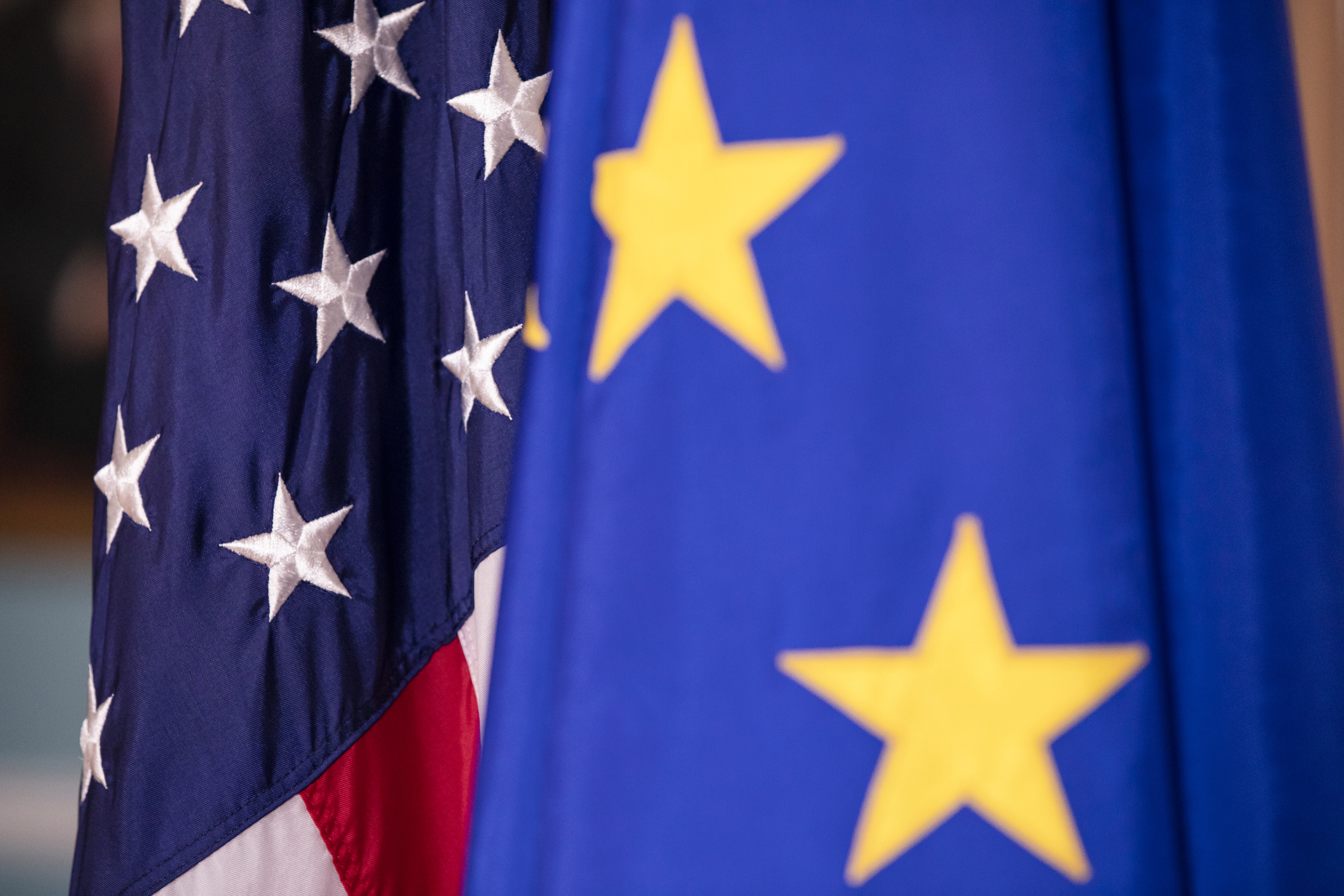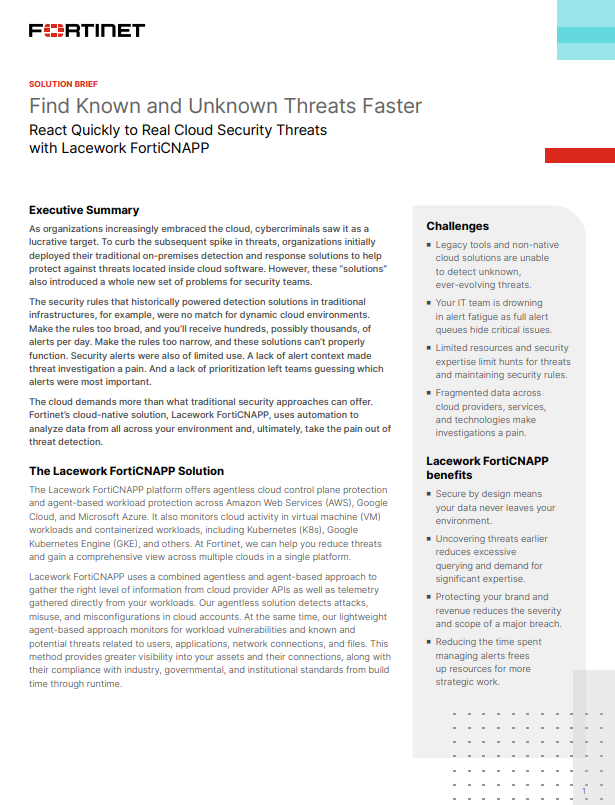Europe has a single digital market - and it's illegal
The EU's Neelie Kroes explains why Europe needs a digital plan to jumpstart the economy and protect the environment.

Europeans are outpacing their governments in the creation of a common digital market, according to European Commission Vice President Neelie Kroes.
"We have a single digital market in Europe, but it is illegal," she told delegates at the World Congress on Information Technology (WCIT) in Amsterdam today. "Legal markets are fragmented. We need to change that. I cannot explain to you why you can buy the same CD in every member country but not the same digital product."
Kroes stressed that the EC's digital plan, which includes a promise of broadband internet access for every EU citizen by 2020 and the creation of a single digital market, is the key to jumpstarting European economies.
"I do not know of any other investment option that can provide increases in comparative advantage across every sector," Kroes said. "The crisis has wiped out years of economic and social progress. It has exposed the structural weakness of Europe's economy. Without proper use of ICT over the next decade, Europe will become a broken economy. It could unravel into a series of broken societies."
Kroes noted that the current economic crisis exposed strains in Europe's social and economic model, and that if Europeans do not broadly embrace ICT solutions and create a favourable regulatory climate, the future will not prove kind to the continent.
"The aging lady Europe can't afford to hold back," she said. "There are four people working today for each retiree. In 2050, there will only be two workers for each retired person. How will we help each other, if we do not find digital solutions? The answers are there for us, if we dare to leave our comfort systems."
Kroes noted her position on open source software and open standards has not changed since she oversaw the 497 million fine against Microsoft as European Commissioner for Competition.
Get the ITPro daily newsletter
Sign up today and you will receive a free copy of our Future Focus 2025 report - the leading guidance on AI, cybersecurity and other IT challenges as per 700+ senior executives
"If we block open source and open standards, we will get worse results," she said. "What I did formerly, I will stick to that line."
Kroes also urged the European Union to adapt ICT solutions in the energy sector, especially in modernising power grids. "The people who run grids are smart, but the systems are dumb," she said. "Smart grids would also diversify the electricity networks, and make them more sustainable."
Kroes also took pains to snuff out rumours that she will return to Dutch politics with national elections looming on 9 June.
"There is no need for me to come back to the Netherlands," she said. "I am European, and I have work to do."
-
 ‘Europe could do it, but it's chosen not to do it’: Eric Schmidt thinks EU regulation will stifle AI innovation – but Britain has a huge opportunity
‘Europe could do it, but it's chosen not to do it’: Eric Schmidt thinks EU regulation will stifle AI innovation – but Britain has a huge opportunityNews Former Google CEO Eric Schmidt believes EU AI regulation is hampering innovation in the region and placing enterprises at a disadvantage.
By Ross Kelly
-
 The EU just shelved its AI liability directive
The EU just shelved its AI liability directiveNews The European Commission has scrapped plans to introduce the AI Liability Directive aimed at protecting consumers from harmful AI systems.
By Ross Kelly
-
 A big enforcement deadline for the EU AI Act just passed – here's what you need to know
A big enforcement deadline for the EU AI Act just passed – here's what you need to knowNews The first set of compliance deadlines for the EU AI Act passed on the 2nd of February, and enterprises are urged to ramp up preparations for future deadlines.
By George Fitzmaurice
-
 EU agrees amendments to Cyber Solidarity Act in bid to create ‘cyber shield’ for member states
EU agrees amendments to Cyber Solidarity Act in bid to create ‘cyber shield’ for member statesNews The EU’s Cyber Solidarity Act will provide new mechanisms for authorities to bolster union-wide security practices
By Emma Woollacott
-
 The EU's 'long-arm' regulatory approach could create frosty US environment for European tech firms
The EU's 'long-arm' regulatory approach could create frosty US environment for European tech firmsAnalysis US tech firms are throwing their toys out of the pram over the EU’s Digital Markets Act, but will this come back to bite European companies?
By Solomon Klappholz
-
 EU AI Act risks collapse if consensus not reached, experts warn
EU AI Act risks collapse if consensus not reached, experts warnAnalysis Industry stakeholders have warned the EU AI Act could stifle innovation ahead of a crunch decision
By Ross Kelly
-
 Three quarters of UK firms unprepared for NIS2 regulations, study finds
Three quarters of UK firms unprepared for NIS2 regulations, study findsNews Senior management can be held personally liable for non-compliance under NIS2 rules
By Ross Kelly
-
 US-UK data bridge: Everything you need to know
US-UK data bridge: Everything you need to knowNews The US-UK data bridge will ease the complexity of transatlantic data transfers
By Ross Kelly

